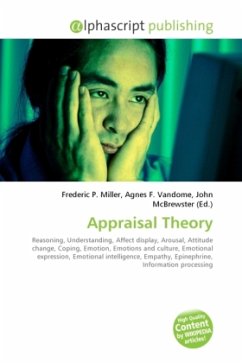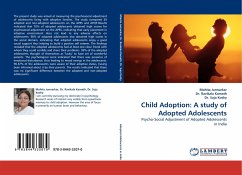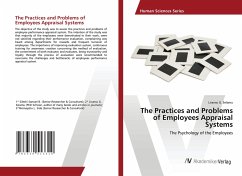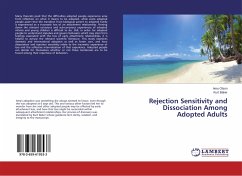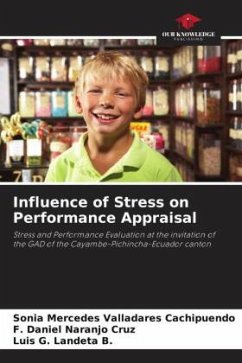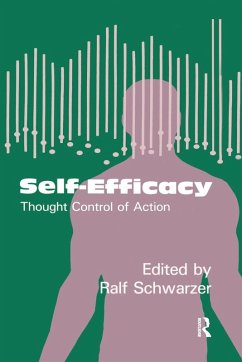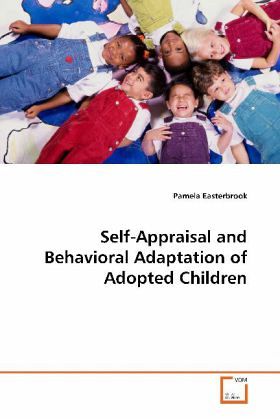
Self-Appraisal and Behavioral Adaptation of Adopted Children
Versandkostenfrei!
Versandfertig in 6-10 Tagen
32,99 €
inkl. MwSt.

PAYBACK Punkte
16 °P sammeln!
Adopted and Nonadopted children were compared on measures of self-appraisal and behavioral adaptation. This study provides evidence of an elevated risk of behavior problems and negative self-appraisal for adopted children 6-13 years of age. This negative self-appraisal appears to be linked to behavioral adjustment, supporting past research that indicates a relationship between beliefs and behavior. It may be that problems adjusting to one''s adoptive status, particularly during childhood and adolescence, is closely tied to a less positive view of self. The adoption beliefs of others, especiall...
Adopted and Nonadopted children were compared on
measures of self-appraisal and behavioral
adaptation. This study provides evidence of an
elevated risk of behavior problems and negative self-
appraisal for adopted children 6-13 years of age.
This negative self-appraisal appears to be linked to
behavioral adjustment, supporting past research that
indicates a relationship between beliefs and
behavior. It may be that problems adjusting to
one''s adoptive status, particularly during childhood
and adolescence, is closely tied to a less positive
view of self. The adoption beliefs of others,
especially peers and significant adults, may be
important in the adopted child''s adjustment, thereby
indicating a clear need for adoptive families and
practitioners to educate society regarding adoption
so as to lessen the stigma attached to this unique
family situation.
measures of self-appraisal and behavioral
adaptation. This study provides evidence of an
elevated risk of behavior problems and negative self-
appraisal for adopted children 6-13 years of age.
This negative self-appraisal appears to be linked to
behavioral adjustment, supporting past research that
indicates a relationship between beliefs and
behavior. It may be that problems adjusting to
one''s adoptive status, particularly during childhood
and adolescence, is closely tied to a less positive
view of self. The adoption beliefs of others,
especially peers and significant adults, may be
important in the adopted child''s adjustment, thereby
indicating a clear need for adoptive families and
practitioners to educate society regarding adoption
so as to lessen the stigma attached to this unique
family situation.




